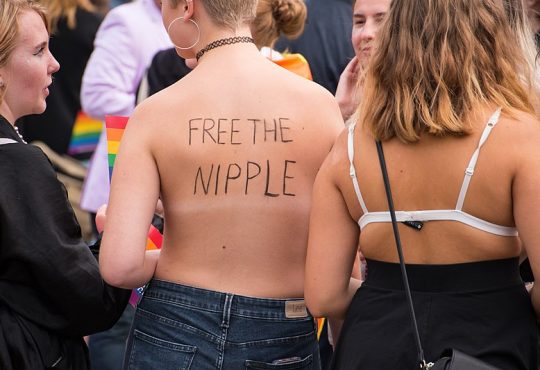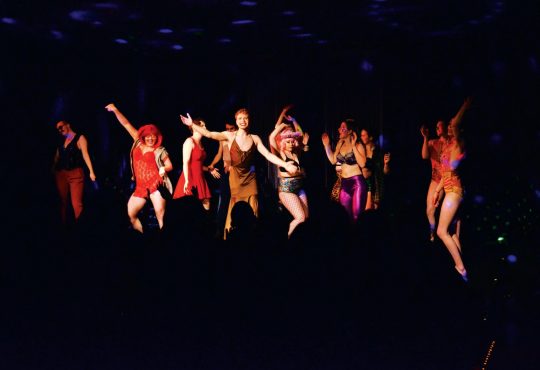The Intersection of Spirituality and Gender writing workshop and talking circle took place Sept. 24 in Trimble Hall.
The session aimed to address stereotypes surrounding how we shaped our identities and where our spirituality comes into play with our intrinsic self.
Associate Professor Amy Ryken sponsored the event with much support from other groups such as Puget Sound Queer Alliance, Collin’s Memorial Library, Gender Alliance of the South Sound (GASS) and TransSpiritual Alliance.
Wren Walker Robbins, TransSpirit council member and teacher of professional development, led the meeting with a discussion about identity.
She spoke about where she saw herself in relation to the world, and how that has crafted her perspective: “I am of a third gender … not man, not woman … It was hard for me to imagine a world in which every part of me was respected.”
Living in a society that often only acknowledges males or females, transgender individuals are overlooked as a category of people.
There exists division and isolation for transgendered persons, looking for a picture but not having a marked place in this world.
Participants at the meeting were asked to think about how our identities have been shaped by the way we perceive ourselves and the way others perceive us.
We were asked to write on the topic of given names and how they mold or misconstrue the personalities of people.
The names we are born with are the first mark of shaping who we are, or who our parents want us to become, but sometimes people do not feel any connection between their name and self.
Vice-Chairperson of GASS Lonness Valenna had struggled with finding a name that fit her spirit for years.
She shared that she has legally changed her name numerous times, even bringing out the ID cards to prove it, while trying to find the right match that fit her.
She identified herself as an intersex transgender girl.
Through that process she was still trying to find acceptance from her family and friends and come to terms with her spiritual purpose on earth.
Even though she is still searching for “the right path” for herself she could confidently say, “I like helping others … it’s what I was put here for. I am here and have a reason and purpose—to teach and give example.”
After the writing prompt, the discussion shifted to the subject of spirituality: What is it and what does it mean?
“To me … gender and spirituality are one and the same,” Walker Robbins said. “Spirituality is an inseparable part of our home.”
Attendants spread out forming a circle and began the talk circle part of the meeting.
Each person was given two talk-tokens to adequately share listening and speaking time for everyone present.
“Well, we’re talking about spirituality today … and gender.”
Opening remarks were courtesy of Annie Russel, identified trans-woman, as she led the group discussion.
“I think we have four selves innate to the homosapien species: physical, emotional, intellectual, spiritual,” she said.
Annie then challenged listeners to define for themselves what spirituality means before she shared her definition: “Spirituality is bonding with the All, and things you cannot bond with are obstructions to your spirituality.”
For those trying to understand themselves on a deeper level, the same challenge will be extended: What does spirituality mean to you? Does it intersect with your gender?
The final sharing segment of the evening stemmed from an excerpt of “Why Stories Matter” by Marshall Ganz.
Walker Robbins explained how the “Art of Leadership Storytelling” was when speakers took ownership of their individual life stories and shared their distinct “story of self” for others to understand the journey that they have been through.
It’s a time to boldly say who you are to the world without shaming certain parts of your life into silence and sugar coating the rest into a sweet pile of experiences you think other people are interested in hearing about.
“Tell us something that needs to be heard, not something you think you need to say,” Walker Robbins urged participants.
Within all the narratives shared during the talking circle, a commonality of spiritual connection was thematic to the stories.
We each form our opinions, memories and values based on our interaction with other people.
When we are disconnected from knowing who we are, however, it poses a barrier to knowing how you relate to the rest of the world and how the world relates to you.
The intersection of spirituality and gender first starts with your identification of self.
This meeting group encouraged listeners to consider how we want our story of self to be told when we begin thinking about our life’s narrative.





